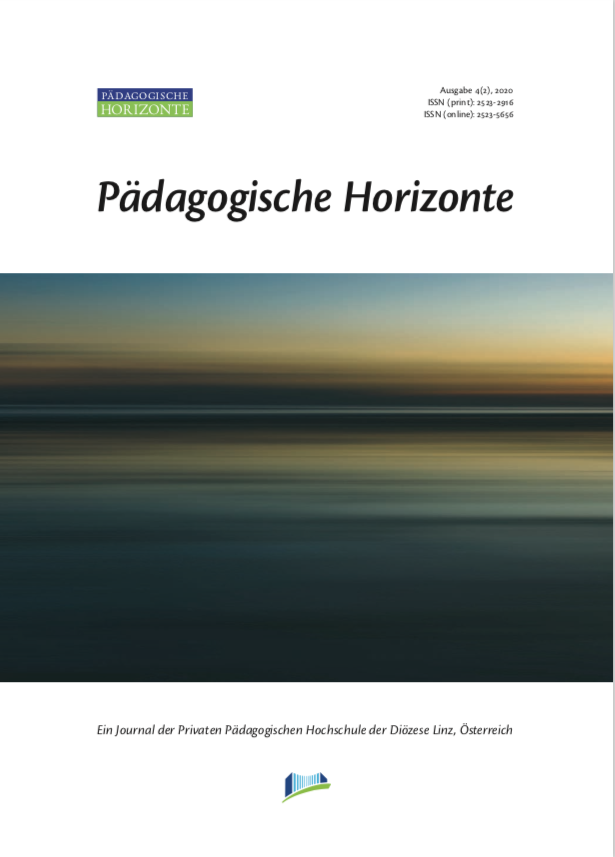Supervision im pädagogischen Kontext als Anknüpfungspunkt für organisationales Lernen
Motive und wahrgenommene Wirkungen
Keywords:
Supervision, Organisationsentwicklung, Schulentwicklung, Organisationales LernenAbstract
School is a system in which not only students learn, schools as organizations have to learn for themselves as well, so that school can respond to challenges with appropriate changes (Rolff, 2016). Supervision is a work-related form of reflection. It supports individuals or groups in dealing with their professional tasks with the aim of coordinating and improving the assignments of individuals, teams and entire organizations (Siller, 2008, Pühl, 2017). This article presents the research project MOWIS (Motives for and Perceived Effects of Supervision), which investigates the motives for and perceived effects of Supervision with regard to organizational learning in a mixed-method design. Separate survey instruments were developed for the quantitative study (Ntotal=652). Factor-analytically, six factors could be extracted that indicate the content in the following areas: professionalization of teachers, cooperation and communication, mental hygiene and the person of the supervisor. The scales developed from this have an internal consistency (cronbachs-α) from .91 to .52. In the qualitative part of the study, expert interviews were carried out, which will be analyzed in terms of content (Mayring, 2010). The deductively developed categories are presented in this article. Finally, the sample, first descriptive results, the limitations of the study and an outlook on the further evaluation steps are presented.



